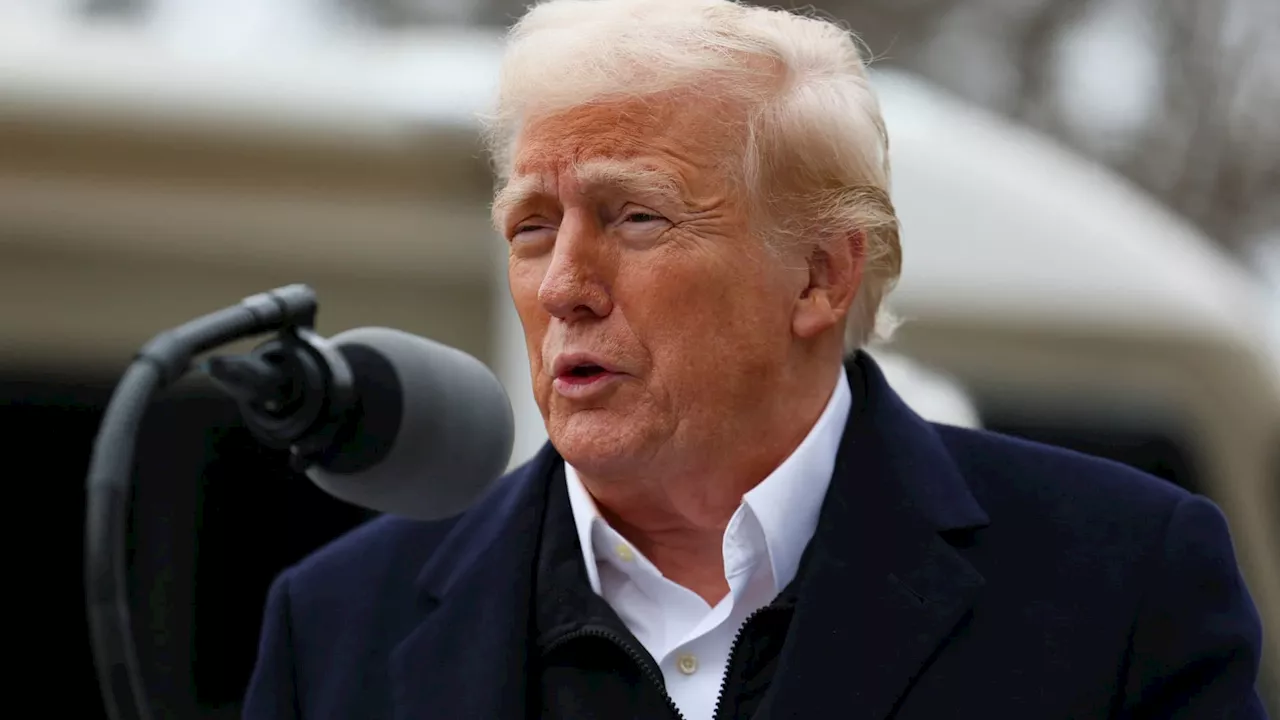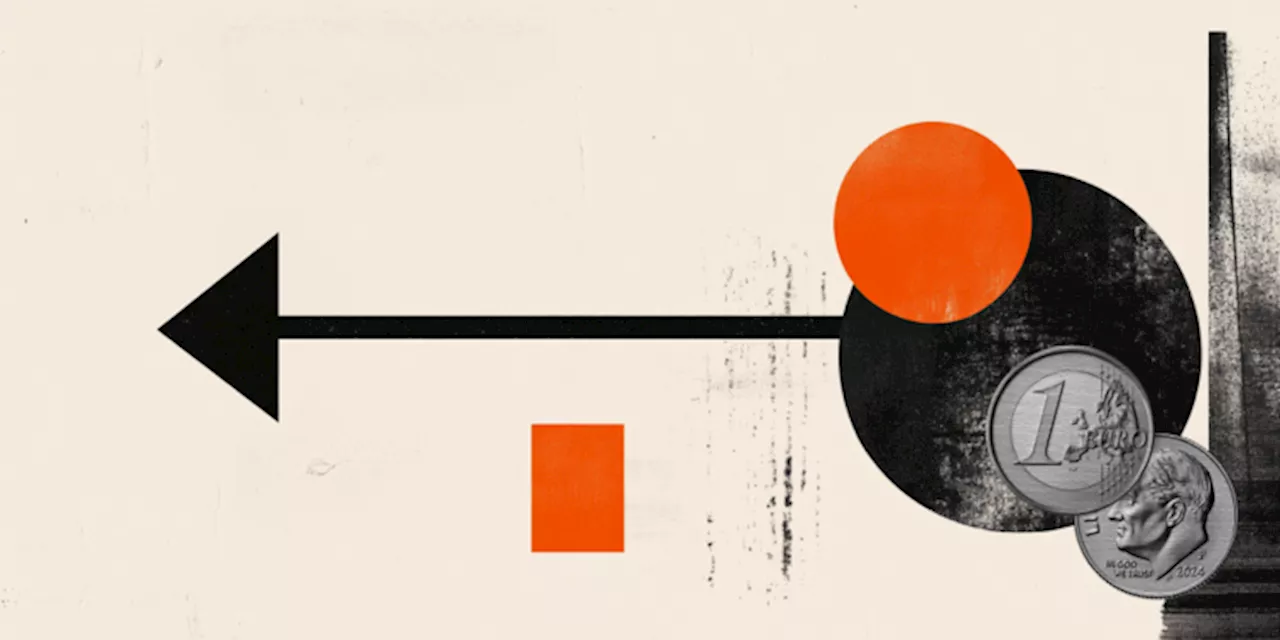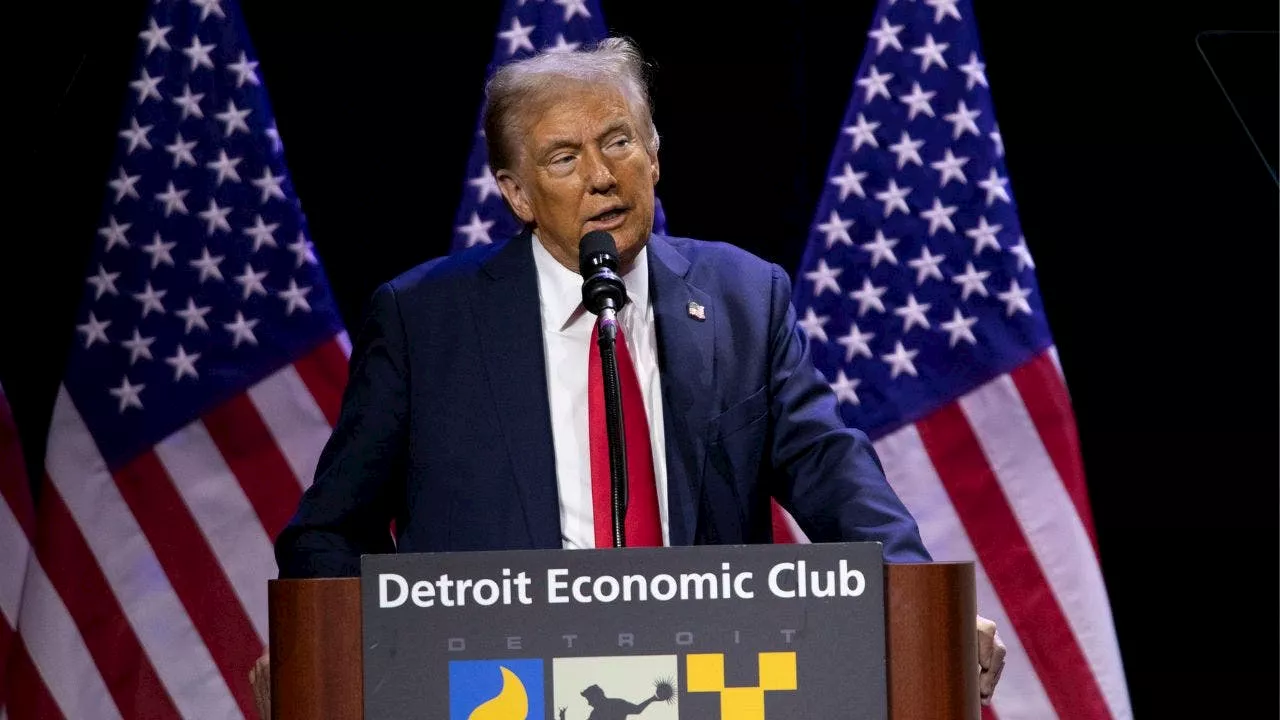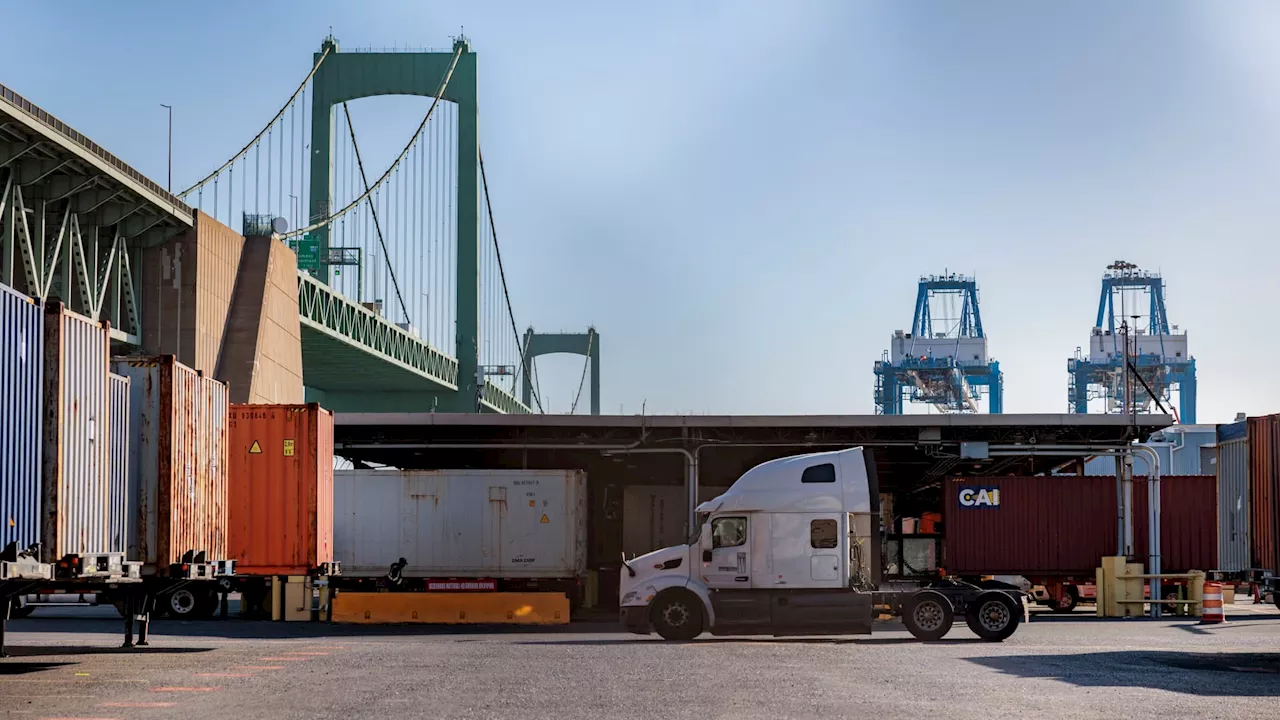This article explores the history and evolution of tariffs in U.S. economic policy, highlighting how President Trump's use of tariffs differs from past practices. It examines the three primary uses of tariffs - revenue generation, import restriction, and reciprocity - and traces their application throughout U.S. history. The article analyzes the impact of global trade agreements on tariff rates and discusses the unique aspects of Trump's tariff strategy, emphasizing his broad-brush approach to imposing tariffs on a wide range of goods.
Tariffs, taxes imposed on imported goods, have been a prominent tool in U.S. economic policy throughout history. Initially, they served primarily as a means to generate revenue for the nascent nation. As the U.S. economy evolved, tariffs took on additional roles: restricting imports to shield domestic industries from foreign competition and acting as bargaining chips in trade negotiations with other countries.
This multifaceted use of tariffs is often characterized by economists as the 'three Rs' - revenue, restriction, and reciprocity.The Tariff Act of 1789, one of the earliest bills passed by Congress, marked the beginning of the U.S. government's reliance on tariffs for revenue generation. During the first third of the nation's history, tariffs accounted for roughly 90% or more of federal government revenue. However, as the scale of government operations expanded significantly in the 20th century due to programs like Social Security, defense spending during World War II and the Cold War, tariffs became less crucial for funding government expenditures.While tariffs played a significant role in protecting domestic industries from foreign competition from the Civil War to the Great Depression, the post-World War II era witnessed a shift towards a more open trade system. The establishment of the General Agreement on Tariffs and Trade (GATT) in 1948, the precursor to the World Trade Organization (WTO), set global trade rules and ushered in an era of progressively lower tariffs. The U.S. pursued free trade agreements like the one with the Kingdom of Hawaii in 1875, which allowed for duty-free imports of Hawaiian sugar and other agricultural products in exchange for reciprocal benefits. U.S. import taxes before World War II were generally high, ranging from 20% to 50%, sometimes even reaching 60%, but they have been significantly lower since 1950. President Donald Trump's imposition of tariffs on a wide range of goods, particularly from China, marked a departure from this long-standing trend. His approach, characterized by broad-brush tariff increases, has been deemed unusual among modern U.S. presidents. While previous presidents have used tariffs to protect specific industries or retaliate against unfair trade practices, Trump's tariffs have been more pervasive, impacting a wider range of imports and aiming to achieve multiple objectives simultaneously. This departure from historical norms has raised questions about the long-term impact of Trump's tariff policy on the U.S. economy and its global trade relations
TARIFFS TRADE POLICY U.S. ECONOMIC HISTORY DONALD TRUMP GLOBAL TRADE WTO HISTORY OF TARIFFS TRADE AGREEMENTS IMPORT RESTRICTIONS
United States Latest News, United States Headlines
Similar News:You can also read news stories similar to this one that we have collected from other news sources.
 Major Currencies Fluctuate Amidst Trump Tariff Policy SpeculationsThe article analyzes the movements of major currencies following speculations about Trump's tariffs policy. It discusses the potential support and resistance levels for various currency pairs and their near-term outlook. Additionally, it covers the performance of US Treasury yields, German yields, Indian 10-year government bonds, and global stock indices.
Major Currencies Fluctuate Amidst Trump Tariff Policy SpeculationsThe article analyzes the movements of major currencies following speculations about Trump's tariffs policy. It discusses the potential support and resistance levels for various currency pairs and their near-term outlook. Additionally, it covers the performance of US Treasury yields, German yields, Indian 10-year government bonds, and global stock indices.
Read more »
 Trump's Tariff Policy: A Market ConundrumThe implementation of Donald Trump's second term tariff policy could significantly impact the stock market. While the president has offered few details, experts predict a more targeted approach than broad tariffs. However, the potential impact on the economy, tax cuts, and deficit spending remains a concern.
Trump's Tariff Policy: A Market ConundrumThe implementation of Donald Trump's second term tariff policy could significantly impact the stock market. While the president has offered few details, experts predict a more targeted approach than broad tariffs. However, the potential impact on the economy, tax cuts, and deficit spending remains a concern.
Read more »
 How Trump's tariff threats could impact foreign policyPresident Donald Trump is showing no hesitation in using his tariff power right out of the gate in his second term. Experts weigh in on how his strategy could impact foreign relations.
How Trump's tariff threats could impact foreign policyPresident Donald Trump is showing no hesitation in using his tariff power right out of the gate in his second term. Experts weigh in on how his strategy could impact foreign relations.
Read more »
 EUR/USD Wobbles Near 1.0420 as Investors Await Fed Policy Decision and Trump's Tariff PlansThe Euro/US Dollar (EUR/USD) pair is trading cautiously near 1.0420, awaiting the Federal Reserve's (Fed) monetary policy announcement and potential implications of U.S. President Donald Trump's tariff plans. Investors are closely watching the Fed's decision and Chair Jerome Powell's press conference for clues about future interest rate movements, while also assessing the impact of Trump's proposed tariffs on global growth and inflation.
EUR/USD Wobbles Near 1.0420 as Investors Await Fed Policy Decision and Trump's Tariff PlansThe Euro/US Dollar (EUR/USD) pair is trading cautiously near 1.0420, awaiting the Federal Reserve's (Fed) monetary policy announcement and potential implications of U.S. President Donald Trump's tariff plans. Investors are closely watching the Fed's decision and Chair Jerome Powell's press conference for clues about future interest rate movements, while also assessing the impact of Trump's proposed tariffs on global growth and inflation.
Read more »
 Voters reject Trump's tariff push; most believe policy will hurt economyPresident Donald Trump's tariff push is underway and a recent Fox News Poll shows that voters are skeptical of tariffs and a majority believe they will hurt the U.S. economy.
Voters reject Trump's tariff push; most believe policy will hurt economyPresident Donald Trump's tariff push is underway and a recent Fox News Poll shows that voters are skeptical of tariffs and a majority believe they will hurt the U.S. economy.
Read more »
 Trump's 'All Tariff' Policy: Can It Really Replace Income Tax?President Trump's proposal to replace income tax with tariffs faces hefty skepticism from economists. Experts argue that the tax base from tariffs is too small to match the revenue generated by income taxes, making Trump's plan seemingly unfeasible.
Trump's 'All Tariff' Policy: Can It Really Replace Income Tax?President Trump's proposal to replace income tax with tariffs faces hefty skepticism from economists. Experts argue that the tax base from tariffs is too small to match the revenue generated by income taxes, making Trump's plan seemingly unfeasible.
Read more »
